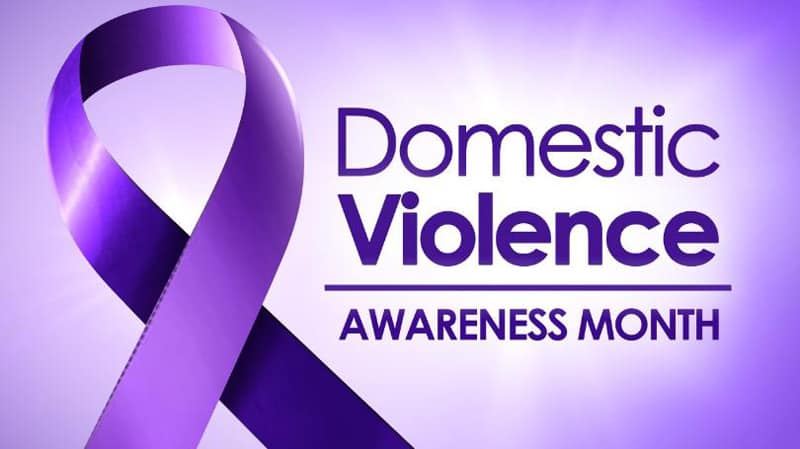What I Hope She Remembers: A Therapist’s Perspective

I have been working with survivors of domestic violence for over four years as a Women’s and Children’s Therapist. In this time, I have had the privilege of witnessing the healing of so many women and children. I find that almost all the survivors I have interacted with have very similar struggles and work through some similar themes. For example, many survivors may feel so isolated as a result of the abuse and might even believe they are the only ones this is happening to. Additionally, many clients also present with common symptoms of Post-Traumatic Stress Disorder (PTSD), such as intrusive memories of scary situations, nightmares or flashbacks, negative thoughts about themselves or the world, depression, anxiety, irritability, numbness, and feeling hypervigilant or on edge all of the time. It is also very common to hear survivors of domestic violence struggling with self-blaming thoughts, such as blaming themselves for not leaving the abusive relationship sooner or for not seeing any signs that the partner would become abusive. All of the effects of an abusive partner’s terror, manipulation, and cruel put downs can understandably impact a survivor’s self-esteem, and the survivor may conclude that no one will ever love them.
All of these struggles are so common for survivors to experience. During Domestic Violence Awareness Month, here are some things I want survivors of domestic violence to remember:
- You are not alone: an abusive partner intentionally isolates their partner to make them more vulnerable. Maybe you find that you do not have many friends to talk to, maybe your friends or family members do not understand when you bring up concerns, or maybe abuse is a stigmatized subject in your social circle and you do not feel comfortable bringing it up. But 1 in 3 women in Texas will experience abuse by an intimate partner. There are so many others who can understand what you have been through. And there are places, like Genesis, that are here to give you the support you deserve. Counseling groups can be a very powerful part of the healing process because they provide the connection and support that so many survivors often do not have. I hope you remember this: here at Genesis, you are seen, you are heard, and you matter.
- You are not “crazy”: the abusive partner wants you to think you are going crazy or that there is something wrong with you. They will likely tell you as much, even using your experiences of PTSD symptoms or other mental health struggles (which they have likely caused or exacerbated) against you, or using your struggles to perpetuate their vicious abuse. But you are not crazy, and there is nothing inherently wrong with you. Trauma symptoms are the body’s normal reaction to an abnormal experience, like abuse. I hope you remember this: the symptoms you are experiencing are a sign that you have been severely mistreated, not a sign that you are severely weak or crazy.
- Abuse is never your fault: perhaps the abusive partner has blamed you for what they said or did, saying it was your fault they did that. But there is no excuse for someone’s choice to verbally, emotionally, physically, or sexually harm their partner. Maybe you find you blame yourself because you stayed in the relationship. And part of you may blame yourself for not seeing the “red flags” sooner. Leaving an abusive relationship is dangerous and might not always be an option due to safety concerns, threats by the abusive partner, or a lack of access to necessary resources because of the abuse. And, you cannot see red flags if someone is intentionally manipulating you to see something else. So I hope you remember this: abuse is never your fault.
- You deserve a safe, healthy relationship: no matter what the abusive partner says, or how loud the negative thoughts in your head may sound, you absolutely deserve a loving relationship that is safe, healthy, and free of abuse. You deserve to be treated with respect. I hope you remember this: you are a person of worth, and you deserve a partner that believes in your worth, too.
By Victoria O’Connor, Assistant Director of Clinical & Professional Services
